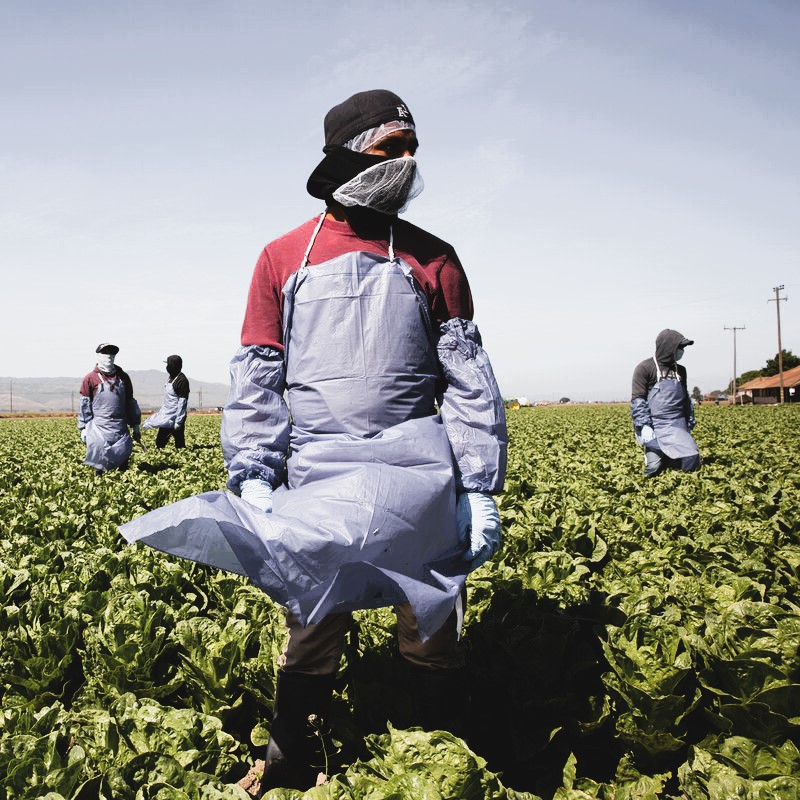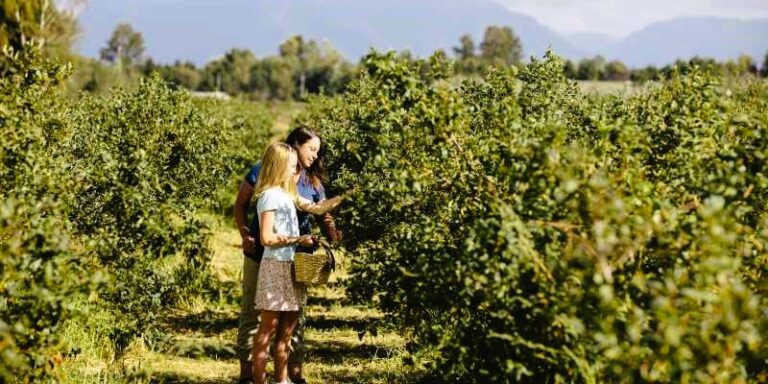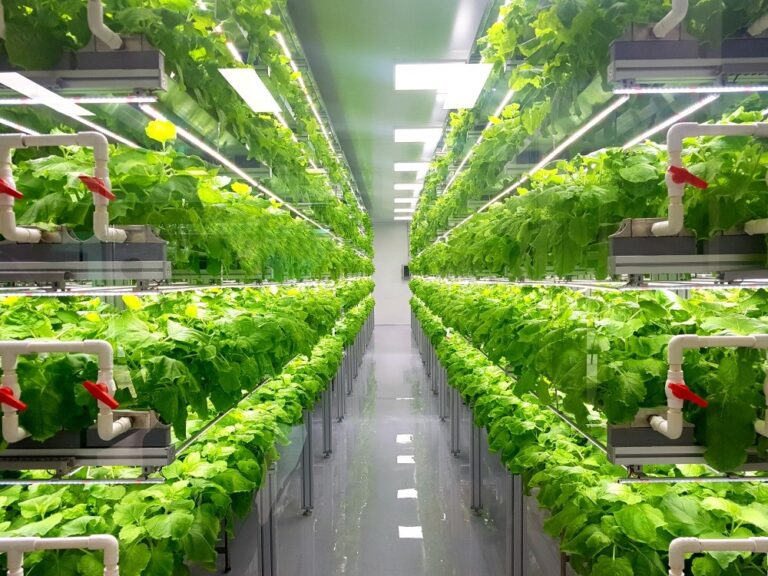The outbreak of COVID-19, caused by the novel coronavirus, has sent shockwaves across the globe, affecting lives, economies, and industries. Abbotsford, Canada, known for its thriving agricultural sector, has not been immune to the impacts of the pandemic. As the virus swept through the region, Abbotsford’s farms and farming community faced unprecedented challenges, but they also demonstrated remarkable resilience and adaptability in the face of adversity.
Initial Disruptions in Abbotsford’s Agricultural Sector
When COVID-19 emerged as a global health crisis, the agricultural industry in Abbotsford experienced its initial disruptions. As the virus spread, uncertainty and fear gripped communities, leading to significant shifts in consumer behavior. Panic buying and stockpiling of groceries caused temporary spikes in demand, resulting in supply chain disruptions and shortages of certain agricultural products.
The closure of restaurants, schools, and other institutions, which were major consumers of agricultural goods, further exacerbated the imbalance in supply and demand. With bulk buyers temporarily absent from the market, farmers faced the challenge of finding alternative distribution channels for their produce.
Labor Shortages and Seasonal Workers

One of the critical issues that arose during the pandemic was the shortage of seasonal agricultural workers. Every year, thousands of temporary foreign workers come to Abbotsford to assist with planting, harvesting, and other labor-intensive tasks. However, border closures and travel restrictions prevented many of these workers from entering Canada. Next Generation Sustainability Education, see Learn on the Farm for more details.
The labor shortage posed a significant challenge to farmers, especially during critical planting and harvesting seasons. Many farmers had to adapt quickly by hiring local workers or implementing innovative solutions, such as mechanization, to compensate for the reduced labor force.
Shift in Consumer Behavior and Local Support
As the pandemic unfolded, consumers began to rethink their purchasing habits and prioritize local produce. The disruptions in international supply chains and the desire to support local communities led to an increased demand for locally grown and sourced food in Abbotsford.
Farmers’ markets and farm stands experienced a surge in popularity, as consumers sought direct access to fresh produce from nearby farms. The shift in consumer behavior highlighted the importance of community connections and the resiliency of Abbotsford’s farming community in meeting changing demands.
E-Commerce and Online Platforms
The pandemic accelerated the adoption of digital technologies in the agricultural sector. With physical distancing measures in place, farmers turned to e-commerce platforms to sell their products directly to consumers. Online sales and delivery services allowed farmers to reach a broader customer base beyond their local communities.
Additionally, social media became an essential tool for farmers to engage with their customers, share updates, and promote their produce. The use of technology not only helped farmers survive during the pandemic but also opened up new avenues for growth and market expansion.
Food Security and Local Resilience
COVID-19 highlighted the importance of food security and local resilience in Abbotsford’s agricultural sector. As supply chains faced disruptions, the region’s farmers played a critical role in ensuring a stable food supply for the community. The pandemic underscored the significance of a robust local food system that can withstand external shocks and meet the needs of residents during times of crisis.
Government Support and Assistance
Recognizing the challenges faced by Abbotsford’s farms and farming community, the Canadian government introduced several measures to provide financial support and assistance. The Canadian Agricultural Partnership (CAP) included funding opportunities and relief programs to help farmers navigate the uncertainties brought on by the pandemic. Additionally, the government worked to facilitate the entry of temporary foreign workers while ensuring necessary health and safety protocols were in place.
Lessons Learned and a Path Forward

The COVID-19 pandemic has been a defining moment for Abbotsford’s farms and farming community. It brought to light vulnerabilities in the food system and emphasized the need for resilience, adaptability, and innovation. While the challenges were significant, the pandemic also presented opportunities for growth and positive change.
Farmers in Abbotsford learned the importance of diversification, flexibility, and direct engagement with consumers. The increased focus on local produce and community support has strengthened the bond between farmers and residents. The adoption of technology and e-commerce has opened up new possibilities for reaching consumers and expanding market access.
Conclusion
The impact of COVID-19 on Abbotsford’s farms and farming community has been profound. Yet, through resilience, adaptability, and community support, farmers in Abbotsford have weathered the storm. The pandemic has reinforced the value of local agriculture and the significance of a strong and sustainable food system.
As Abbotsford continues to navigate the challenges brought on by COVID-19, the agricultural sector will remain a cornerstone of the region’s identity and economy. The lessons learned during this period will guide the path forward, ensuring that Abbotsford’s farms and farming community continue to thrive in the face of uncertainty, protecting the region’s natural resources, and providing nourishment for generations to come.
Sources:
- Wikipedia – COVID-19 pandemic



